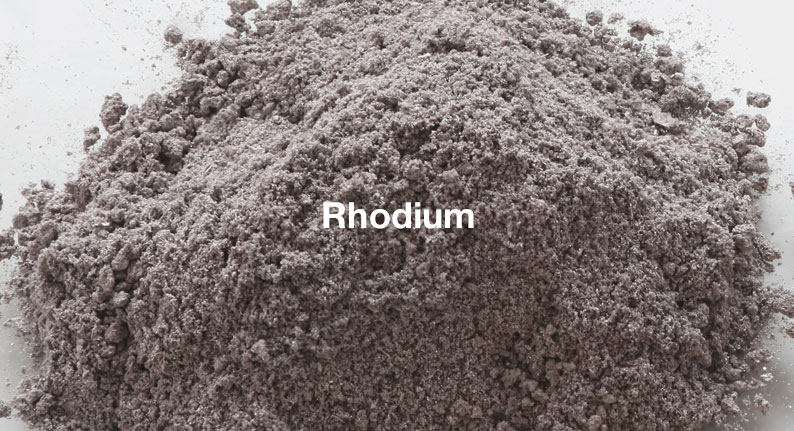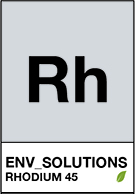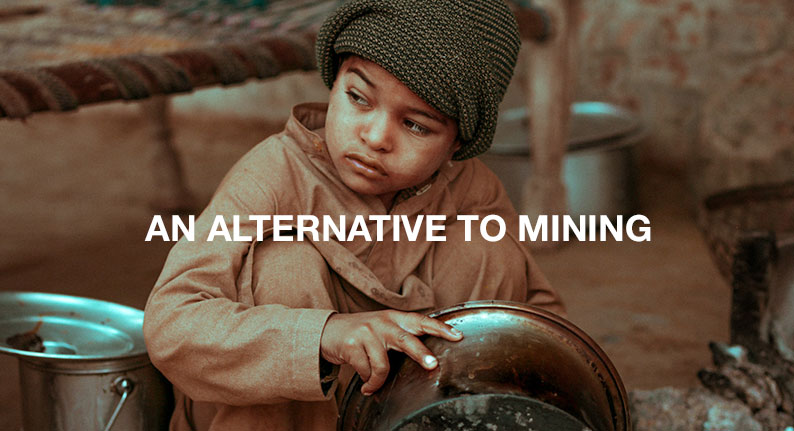Rhodium Metal Profile
10 Mar, 2020 3:27 AM / by Quek Leng Chuang

As one of the PGMs (Platinum Group Metals), Rhodium is widely used in many industrial products. Extracting this precious metal from spent car catalyst, Rhodium is an important metal that we at Environmental Solutions (Asia) recycle in order to feed it back into circular economy. Here is an outline of the origin and applications of this precious metal.
1. Facts and figures
- Chemical name Rh45
- Only one naturally occurring isotope (103 Rh)
- High reflectance
- Harder than gold or platin
- Melting point 1966 degrees Celsius
- Highest thermal conductivity and electrical conductivity of all PGMs
- Reaction with oxygen and chlorine: only at 600-700 degrees Celsius
- The rarest non-radioactive metal of the world
2. Natural occurrence and mining
 This silvery-white metal is extremely rare – according to estimates, it accounts for 0.0002 parts per million of the earth. 2005, only 23,5 tons were harvested by natural mining, most of them in South Africa. Other mining areas include Canada and northern Russia. In this setting, Platinum is mainly found as a byproduct – for every ounce of Rhodium, two or three ounces of platinum are mined.
This silvery-white metal is extremely rare – according to estimates, it accounts for 0.0002 parts per million of the earth. 2005, only 23,5 tons were harvested by natural mining, most of them in South Africa. Other mining areas include Canada and northern Russia. In this setting, Platinum is mainly found as a byproduct – for every ounce of Rhodium, two or three ounces of platinum are mined.
Thus, the mining of this metal is densely connected with the mining of other PGMs and the process is the same as for them. The starting point to extract Rhodium is anode sludge, a byproduct of electro-winning. This sludge will only contain rhodium but also gold, platinum, palladium, ruthenium. Through the use of several processes containing chemicals, leaching, melting and reduction rhodium is obtained.
All these processes use various chemicals causing environmental problems in the countries where they are process. In mining cities in Russia for example, outdated technology is used to leach metals from sludge. Various emissions, especially high levels of Sulphur dioxide, pollute the environment there. This could be avoided easily: According to a lifecycle assessment conducted by the International Platinum Group Metals Association, the main environmental impact of PGM production occurs during mining (72%).
When we recycle platinum group metals such as rhodium, we can lower the environmental impact, use of electricity and chemicals and obtain PGMs that have the same good quality as those from natural mining, but a much lower overall environmental footprint.
An automobile catalyst loses 20% of his PGM metals during lifetime. Through recycling, at least more than 95% of the remaining PGM content of spent automotive catalyst can be saved and reused for new applications.
3. Applications
The most common use of Rhodium is as a material in car catalyst. 80% of the Rhodium is used this way. Amongst other PGM materials, it is very important there because it reduces nitrogen monoxide to nitrogen. As described below, there are many more possibilities to use it, however the price is high, the mined quantity is low and thus the applications of Rhodium are limited by nature.
Due to stricter emission laws in many countries and the need for more Rhodium in recent years, demand rises further and thus prices also soared extremely. From January 2019 until 2020, the rhodium price rose by an astonishing 235,18% – during the last three years it was even 806,92% 3 ! This also makes Rhodium an interesting alternative for investment.
Further uses of Rhodium include jewelry, searchlights and mirrors. Alloys with platinum and iridium are very resistant against oxidation and high temperatures. They can be used in furnace windings, pen nibs, phonograph needles, high-temperature thermocouple and resistance wires, electrodes for aircraft spark plugs, bearings and electrical contacts.

4. An Alternative to Mining
Environmental Solutions (Asia) helps companies to turn the cost of managing their waste materials to potential revenue. As outlined above, Rhodium prices have recently soared to record levels. This can be a perfect opportunity for us to explore how we can assist in turning that into a reality, as we have a long history and experience with processing Rhodium from plating solutions, catalysts and the like. For more information, please contact us.
Topics: Catalytic Converters, Metal Waste, Reimagining Sustainability
Written by Quek Leng Chuang
LengChuang is a chemical engineer and an expert in carbonomics. He is the founder and owner of Environmental Solutions (Asia) Pte Ltd.
